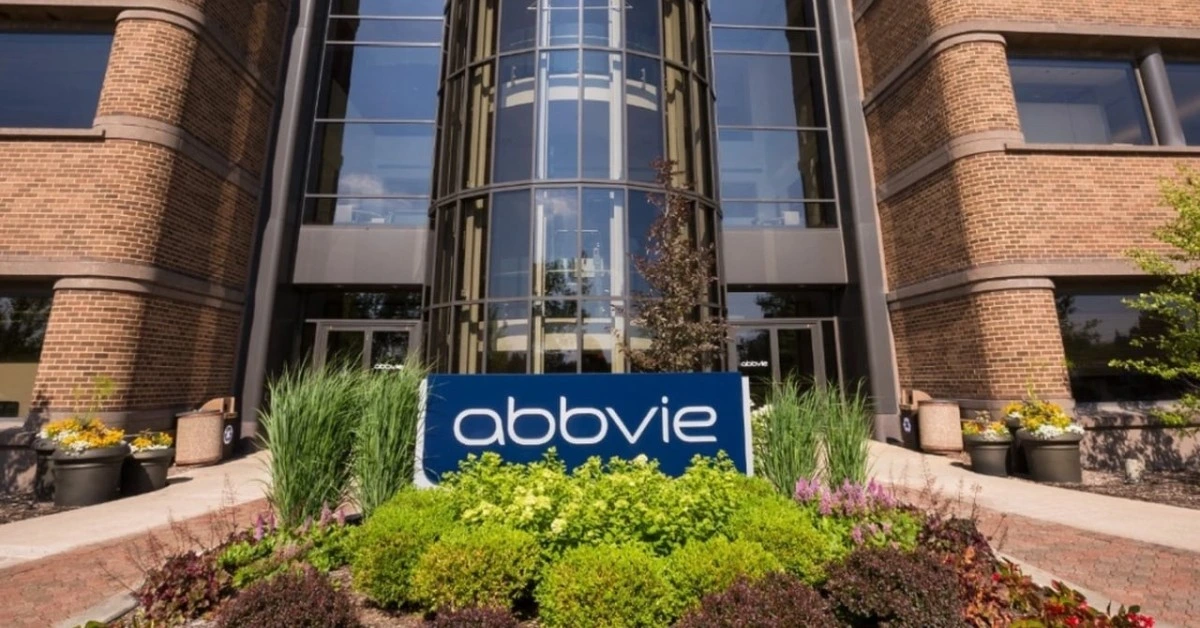
USA – AbbVie is recalibrating its strategy in psychiatric drug development after its experimental schizophrenia treatment, emraclidine, failed to deliver promising results in two mid-stage clinical trials.
This drug, which was part of the US $8.7 billion acquisition of Cerevel Therapeutics, did not alleviate core schizophrenia symptoms such as hallucinations and delusions.
The failure led to a significant US $3.5 billion charge, prompting AbbVie to reconsider its financial commitment to psychiatry research.
At the JPMorgan Healthcare Conference, AbbVie’s CEO, Robert Michael, acknowledged the complexities of developing treatments in psychiatry.
“Psychiatry is a challenging area,” he stated, adding that while the company plans to “commit less capital” to experimental medicines for psychiatric diseases, it remains open to taking calculated risks.
The setback has placed AbbVie in a competitive race against Bristol Myers Squibb, whose newly approved schizophrenia drug, Cobenfy, offers a promising alternative with fewer side effects compared to traditional antipsychotics, such as tremors and weight gain.
The failure of emraclidine is not the end of AbbVie’s exploration of Cerevel’s portfolio. The company is actively evaluating other potential drug programs, including Tavapadon, which is being tested for conditions like epilepsy, major depressive disorder, dementia-related apathy, and Parkinson’s disease.
AbbVie is also monitoring the remaining intangible assets tied to the Cerevel acquisition, valued at approximately US $3.6 billion.
Financially, AbbVie has revised its 2024 adjusted profit forecast downward to US $10.02–US $10.06 per share from its previous projection of US $10.90 – US $10.94.
This revision fell short of analysts’ expectations of US $10.94, highlighting the impact of acquisition-related expenses and research and development (R&D) costs.
Last year, AbbVie spent over US $20 billion on acquisitions, including neuroscience-focused Cerevel, cancer innovator ImmunoGen, and Alzheimer’s therapy developer Aliada.
These aggressive moves aim to replenish revenues following the loss of patent protection for Humira, its blockbuster arthritis drug.
Despite these challenges, AbbVie’s focus on innovation and high-stakes investments underscores its commitment to staying competitive in a rapidly evolving pharmaceutical landscape.
However, the pressure is mounting, with fourth-quarter adjusted profits expected to dip to US $2.06–US $2.10 per share, down from US $2.79 the previous year.
Looking ahead, all eyes are on AbbVie’s upcoming fourth-quarter earnings report on January 31.
Investors will closely scrutinize the company’s performance and the potential of its revamped pipeline to yield results.
XRP HEALTHCARE L.L.C | License Number: 2312867.01 | Dubai | © Copyright 2025 | All Rights Reserved